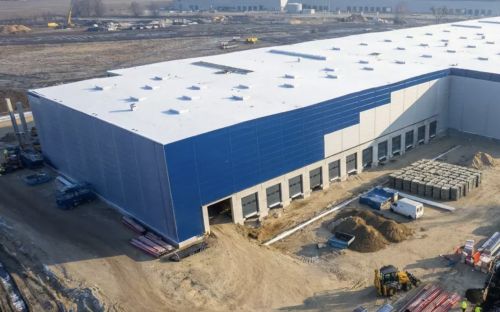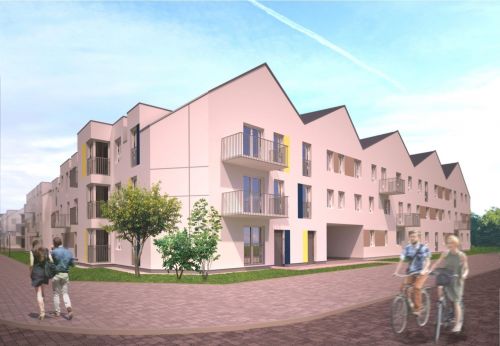The political and economic uncertainty of Q1 2014 has had a significant negative influence not only on Russian growth forecasts (according to our estimates the Russian GDP forecast for 2014 was downgraded to 0 pct), but also on the local real estate investment market. With the economy under pressure and investor sentiment uncertain, our analysts have revised down their expectations for investment volumes for 2014 to USD 3.4 bln from the USD 7 bln forecast at the start of the year. This downgrade in our 2014 forecast implies that investment levels could be the lowest in the post-crisis period and comparable to total investment volumes in 2009 when the investment volume reached USD 3.2 bln. But there may be some upside if activity increases by July. Total investment volume in Russia reached USD 472 mln in Q1 2014, down 77 pct compared with Q1 2013. It should be noted that this downward dynamic is largely a result of the record high volume in Q1 2013 (due to the sale of the Metropolis sho

























































Strong warehouse sector whilst capital cautious and offices yet to rebound
Strong warehouse sector whilst capital cautious and offices yet to rebound
Poland’s commercial real estate market enters 2026 in good health and with solid growth potential. Warehouses remain one of the strongest sectors in Europe, while constrained ...
Newmark Polska
The end of greenwashing as flex grows in strength
The end of greenwashing as flex grows in strength
The office sector is entering a period of deeper qualitative and financial scrutiny. Decisions regarding new projects, refurbishments, or leasing are now supported by more thorough ...
Walter Herz
The quiet revolution in Małopolska
The quiet revolution in Małopolska
Developers across the region are increasingly favouring heat pumps and photovoltaic systems over traditional gas boilers in warehouse construction. This shift marks a growing commi ...
Axi Immo